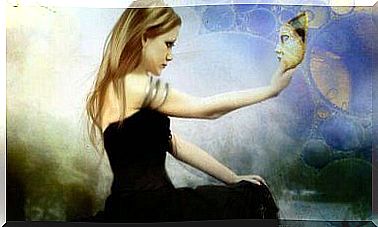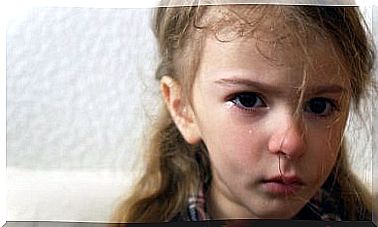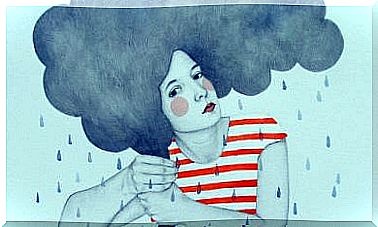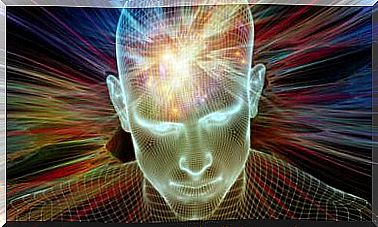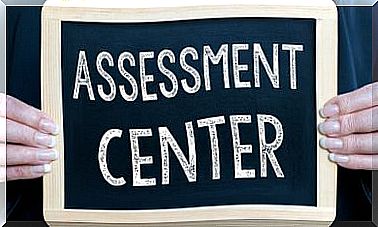Illusory Correlation, What Is It?

The illusory correlation allows us to establish relationships between two variables in the environment, regardless of whether they have a real relationship or not. It is a phenomenon based on the processing of information in order to function in the environment that surrounds us.
However, many times our interpretation of what we observe in the environment may not fully correspond to reality, making assumptions of what we observe based on our experience. A clear example of the illusory correlation is the one that can be found behind stereotypes and prejudices towards certain people.

What is illusory correlation?
The illusory correlation is the phenomenon by which two or more elements are related. It constitutes a confirmation bias in which, through the relationship of these elements, the experience of the individual intervenes, labeling these elements as interdependent elements, not having to be like that in reality.
The individual’s experience does not have to be straightforward when it comes to establishing certain associations. In other words, some beliefs established in society can favor this type of bias without the person having had direct experience.
An example can be labeling people with tattoos and skin piercings as dangerous people, while people in uniform can be labeled as educated, correct and high-net-worth.
Characteristics of the illusory correlation
The illusory correlation implies that we often pay attention to these cognitive biases. That is, we firmly believe in the relationship between two variables that do not have to be related. In simple terms, illusory correlation means that certain mental processes are simplified, causing us to act based on what our experience (be it direct or indirect) tells us.
In this sense, the behaviors of certain groups in society are simplified, characterizing themselves as negative and, therefore, acting according to the information that we have more available. Therefore, it also works as a mental shortcut mechanism in which the relationship between two or more variables is simplified.
Illusory correlation and social psychology
Society influences certain types of beliefs, behaviors and attitudes. Depending on the context, we can behave in one way or another, showing ourselves more comfortable in our social group.
Therefore, the illusory correlation influences phenomena such as belonging to certain social groups, increasing in some cases intergroup differences. This is explained by certain forms of thought that favor the group that we feel identified with, seeking positive distinctiveness in our group.
Examples in the social world
The range of possibilities in which an illusory correlation can occur is wide. To be more specific, some would be:
- People with tattoos directly labeled as criminals.
- Few economic resources can be related to a low educational level.
- Breeds other than their own labeled dangerous people.
- People with good physical appearance and good clothes as people with a high educational level and purchasing power.
- Etc
Other examples of illusory correlation
The illusory correlation not only labels our social world, but, depending on the level of probability that an event has occurred, the processing of that phenomenon is anchored as something that will invariably happen at other times. It can be exemplified by the following :
Amulets
A person who has had several negative events hears that certain charms take away “bad energies”. So, try these charms and find that they bring you “better luck.”
Thus, the use of amulets is associated with “preventing bad energies. ” Although there are bad days despite the use of the amulets, the most likely thing is that the person will try to wear them.
Horoscope
Another of the clearest examples of illusory correlation is usually the horoscope. The reading of the horoscope influences certain processes of perception of reality.
In other words, the person who reads his horoscope will believe in the characteristics that describe him as they are general assumptions that fit the majority of the population. Thus, they cling to the reality that best fits, paying less attention to those details that do not usually characterize the person.
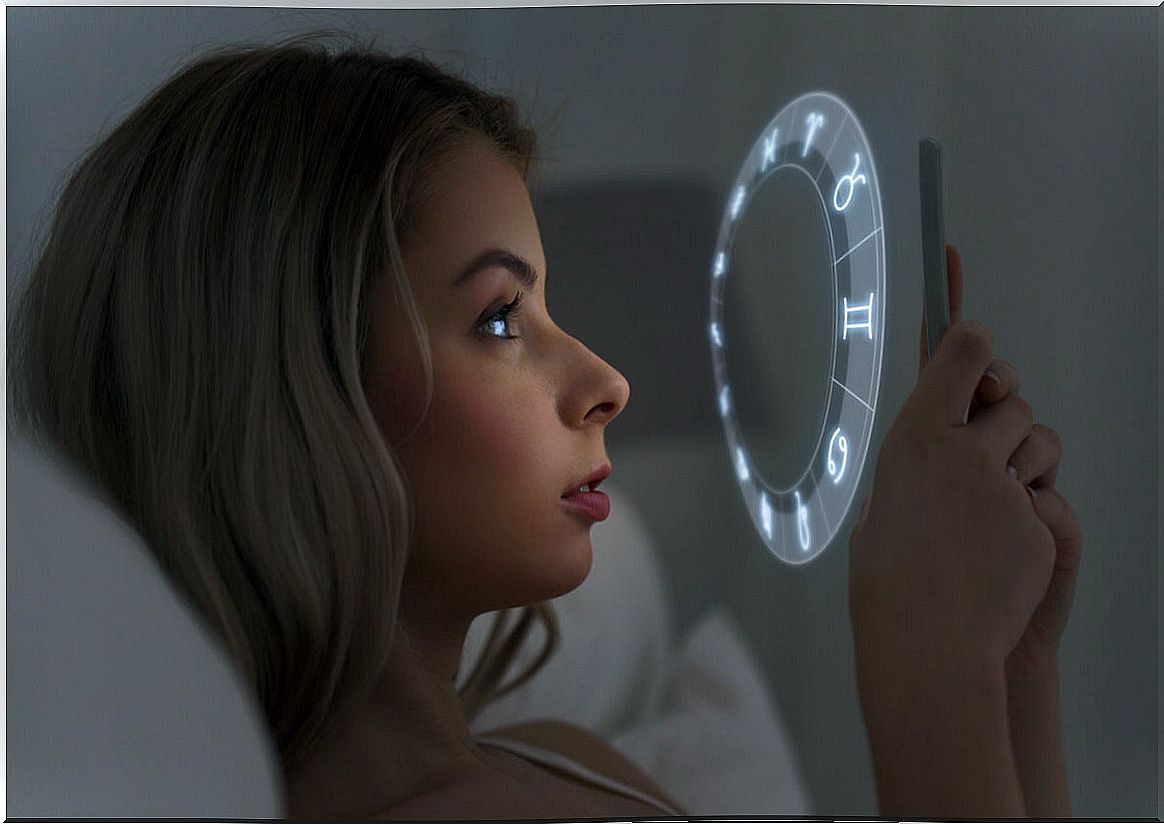
Luck
Similar to wearing amulets, luck is another of the phenomena most vulnerable to illusory correlation. For example, the person who usually conducts job interviews with a particular pair of socks and finds that he or she is doing better conducting interviews with that pair of socks.
On the contrary, bad luck can also be classified under clothes, people, objects, etc. In short, the illusory correlation explains how we behave before certain objects or people also based on previous experience.

